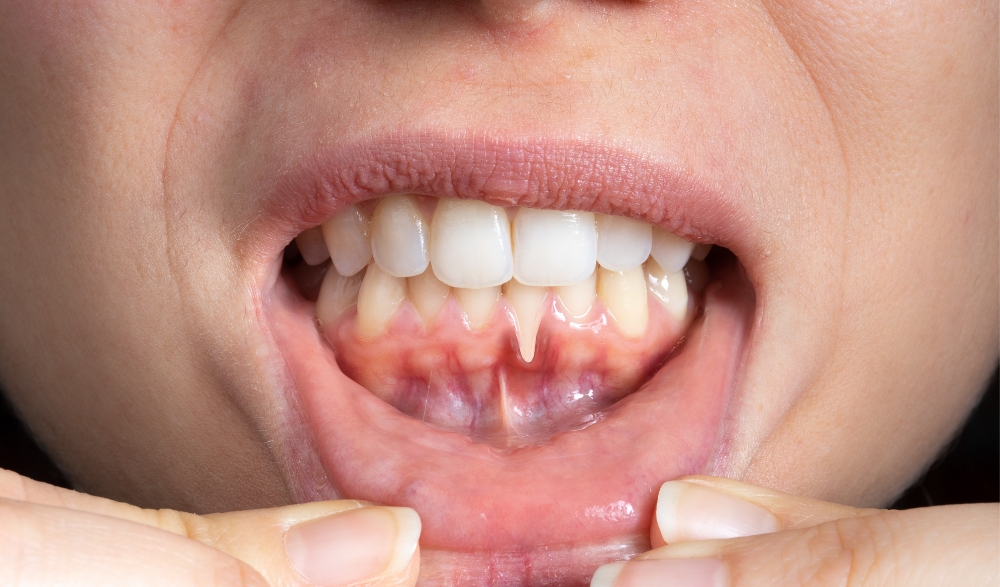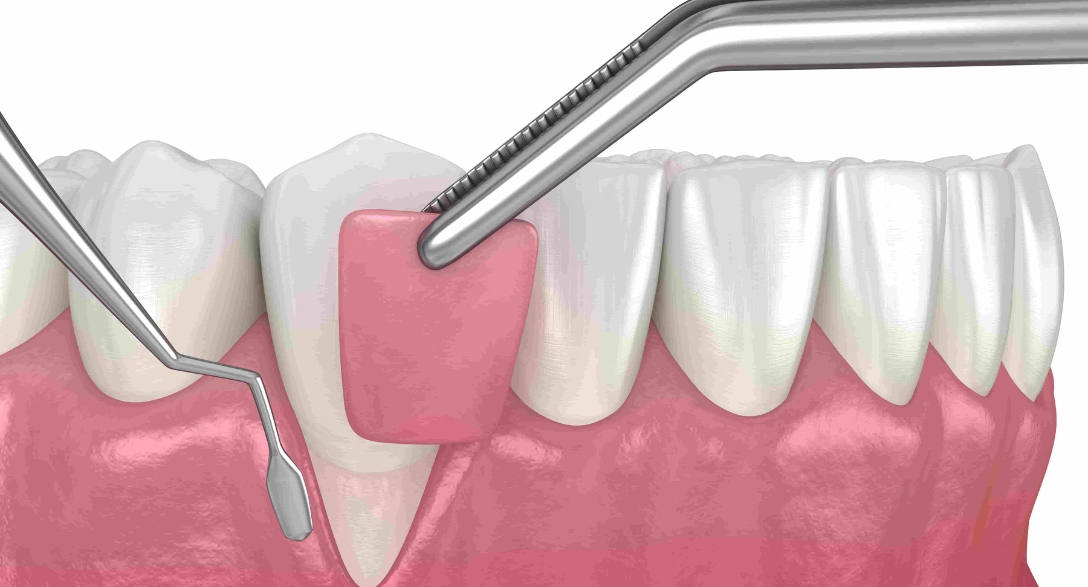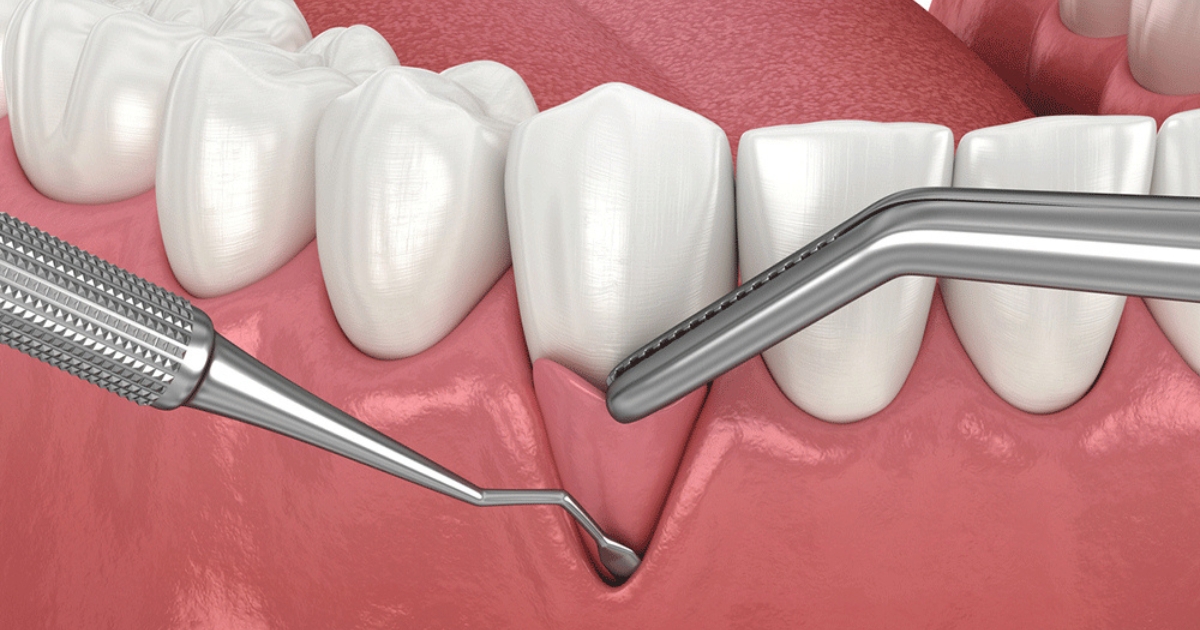Call Us Today 817-737-7668

Have you realized that your teeth are appearing longer over time? It may be more than getting older. Your gums might be shrinking! Gum recession, or the slow shedding of gum tissue, is a stealthy problem that can damage your smile.
You may not even know it’s occurring. However, gum recession can progress to sensitivity, tooth decay, and even tooth loss if you do not treat it. The good news is that dealing with the issue early can preserve your gums and teeth.
Reason for Gum Shrinking
There are various reasons why your gums might shrink. However, you must identify the underlying cause to avoid further damage.
Poor Oral Hygiene Is a Vital Reason
When plaque accumulates on your teeth, it can irritate your gums. With time, this can lead to gum disease and recession. You should brush your teeth twice daily and floss once a day. It will help keep your gums safe.
It Can Be Caused by Rough Brushing
If you employ a hard-bristled toothbrush or brush very hard, it may erode your gum tissue. Instead, you can select a soft brush and utilize gentle, circular motions to safeguard your gums.
Gum Disease (Periodontal Disease) is Another Reason
When plaque becomes tartar, it can cause gum disease and require gum disease treatment. If you leave it untreated, it results in gum recession. You can avoid this when you consider regular visits to the dentist and good care.
Another Culprit is Tobacco Use
Chewing or smoking tobacco can vigorously weaken your gums. It decreases blood flow, which restricts gum health and results in recession.
Hormonal Changes Can Result in Gum Shrinking
Pregnancy, menopause, or puberty may have an impact on your gum health. Hormonal changes can make your gums more susceptible to gum recession and gum disease.
Genetics Plays a Crucial Role
Sadly, some individuals are genetically predisposed to gum recession. You may be at greater risk if there is a family history of gum disease.
Grinding or Clenching Teeth (Bruxism) Can Hamper
Clenching or grinding your teeth tends to exert pressure on your gums and causes them to recede eventually. Wearing a night guard can significantly ease the pressure on your gums.
Another Reason Is a Misaligned Bite or Crooked Teeth
If your bite is not aligned, parts of your gums may erode faster. You must visit a dentist to correct your bite and safeguard your gums.
When Should You Be Concerned?
A mild recession will not be painful. However, it’s an indicator that your gums need some TLC. If you notice that your gums have pulled back noticeably or you’re having sensitivity with your teeth, get to a dentist.
A serious recession can expose tooth roots and cause tooth loss. Bleeding gums, stinky breath, or a receding gumline that doesn’t look better when your hygiene is in top form are red flags. If you observe any of these symptoms, you must have an appointment with a dentist immediately.
Can Gum Recession Be Reversed?
Gum recession cannot be completely reversed. However, it can be treated. In the home setting, good oral hygiene will help prevent further recession. Daily brushing, flossing, and use of antimicrobial mouthwash can go a long way in keeping your gums safe.
For severe recession, professional help may be needed. Dentists can restore gum health by doing deep cleanings or gum grafts. Some might ask, “Can gums grow back?” Although tissue cannot grow back by itself, dental treatments can significantly rebuild gum coverage and stop the loss from occurring again.
Prevention is always better than cure! Brush softly, floss every day, and have regular dental checkups. It will keep your gums healthy for years to come. Save your gums, save your smile!




